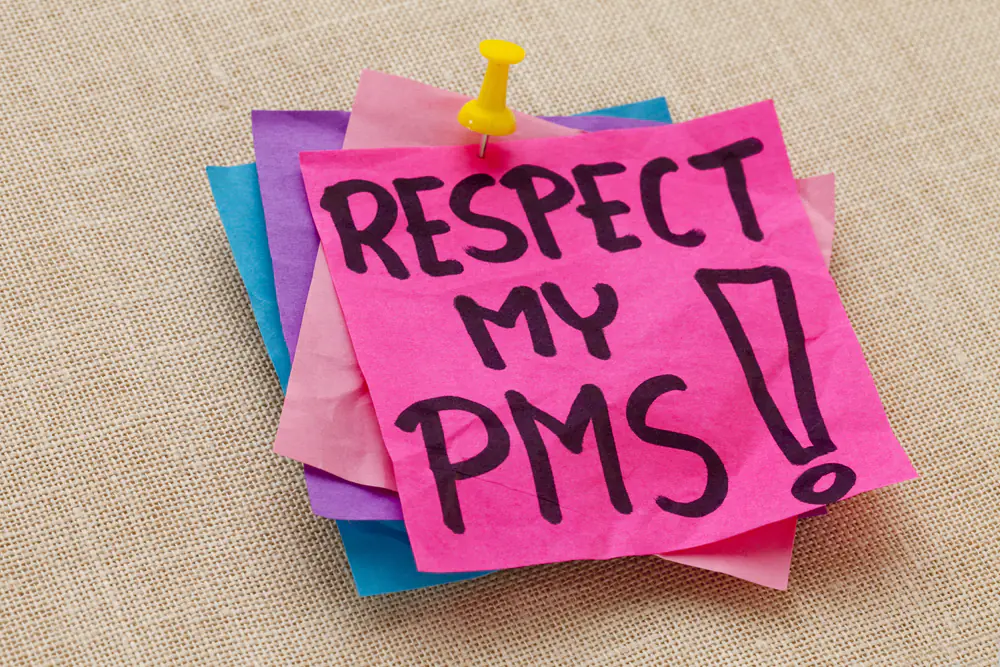Premenstrual syndrome (PMS) is a problem faced by many women around the world. This condition is characterized by cyclically recurring symptoms that appear several days before menstruation. PMS can include both physical and emotional symptoms, such as headaches, abdominal pain, irritability, aggressiveness, fatigue, cellulite and other unpleasant sensations.
So, how to deal with PMS? There are several ways to help relieve this condition and reduce its symptoms.
Oral contraceptives
One of the most effective ways to combat PMS is the use of oral contraceptives. They help normalize hormonal levels and reduce PMS symptoms. They can also improve the condition of your skin and hair. However, it should be remembered that only a doctor should select pills, and independent experiments with hormonal drugs can end negatively.
Understanding in the family
It is important to discuss with loved ones that you may experience irritability and other emotional symptoms during PMS, and that this is due to hormonal changes. Ask them for understanding and help. However, PMS should not be used as an excuse for manipulation and refusal of self-control.
Nutrition
During PMS, it is important to pay attention to nutrition and eat foods rich in B vitamins and magnesium. The body may be deficient in these nutrients. Chocolate and dairy products can also help reduce PMS symptoms. It is also important to listen to your body and not limit yourself to food if you want to eat.
Rest
Rest is an important component of fighting PMS. Try to limit your workload, don’t overdo it at work, and ensure you get adequate sleep. Try to postpone important negotiations for another time and devote time at home to proper rest.
In conclusion, PMS is a problem faced by many women in the world. But with the help of oral contraceptives, family understanding, proper nutrition and rest, this condition can be alleviated and its symptoms can be reduced. It is also important to remember that if PMS symptoms are too strong and interfere with normal life, you should consult a doctor for help.



